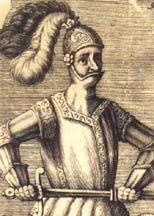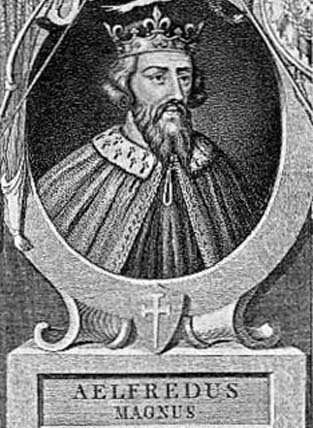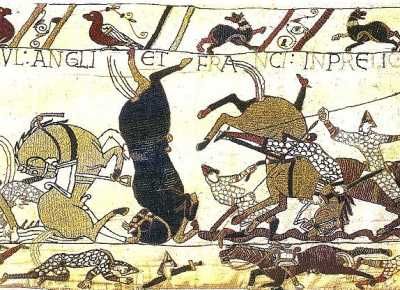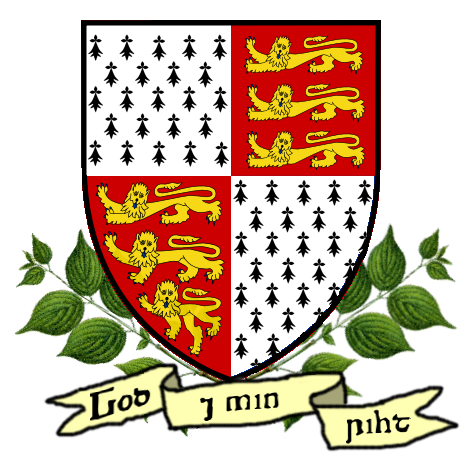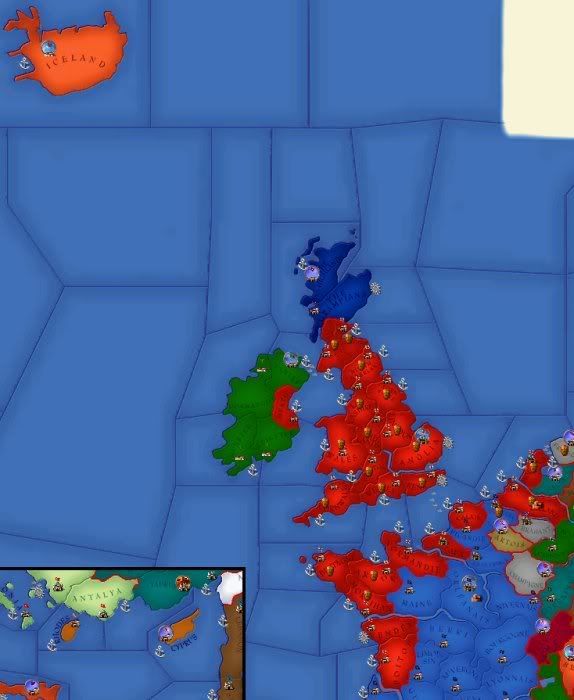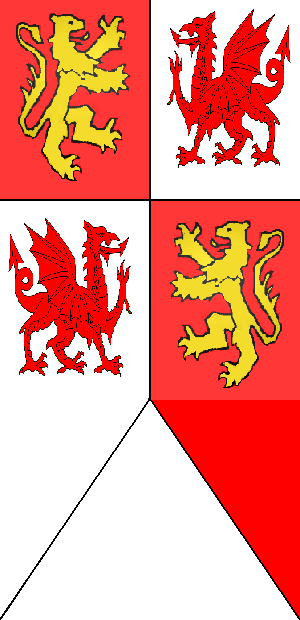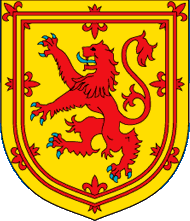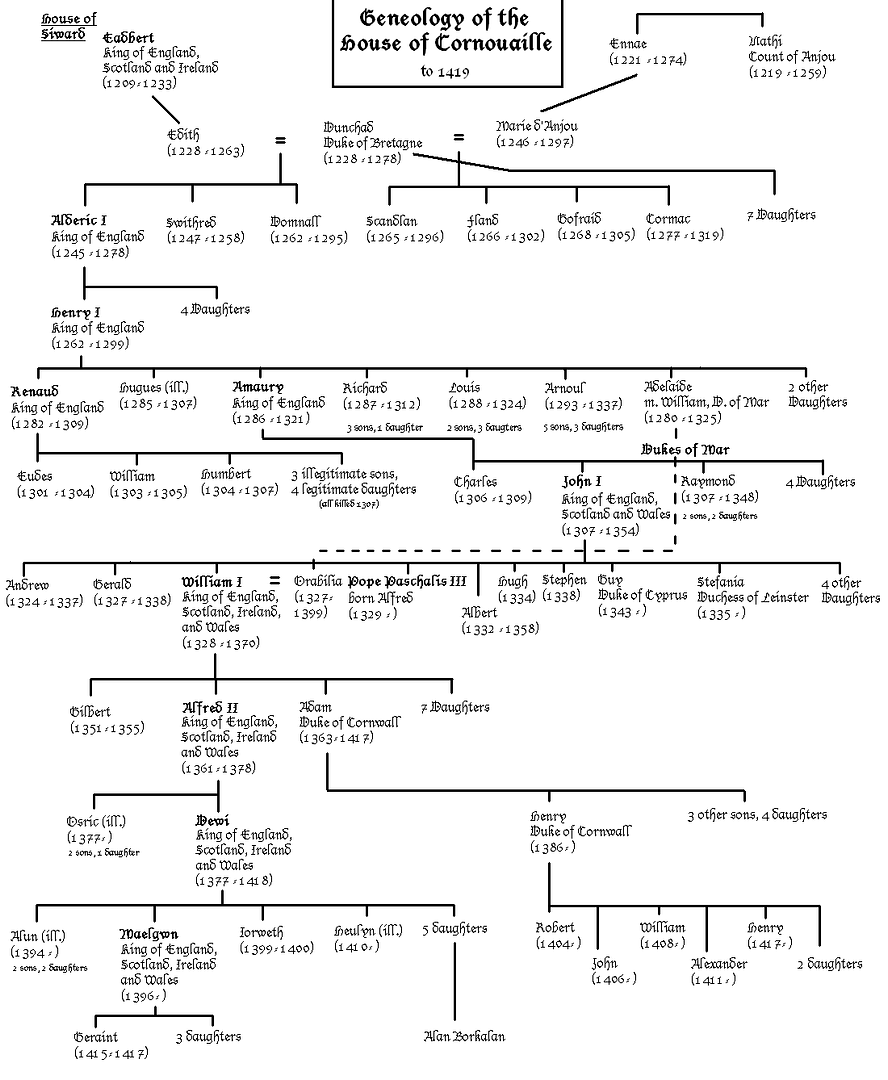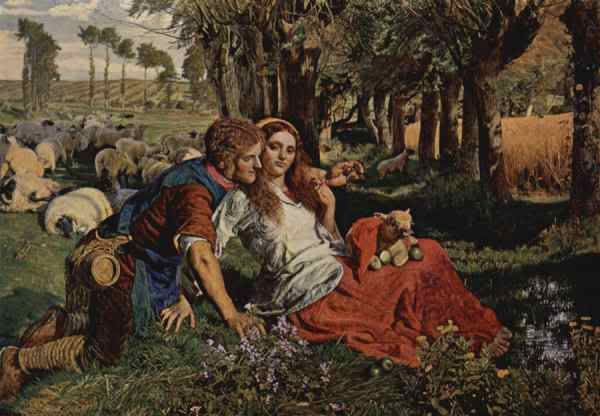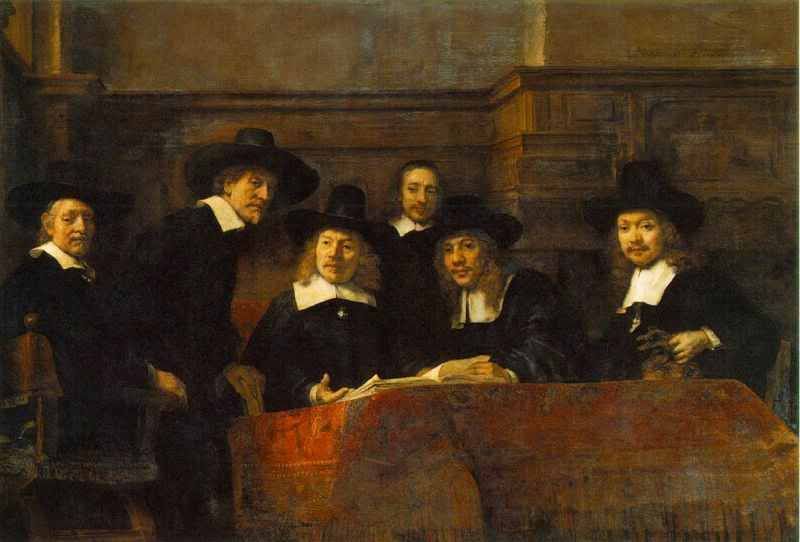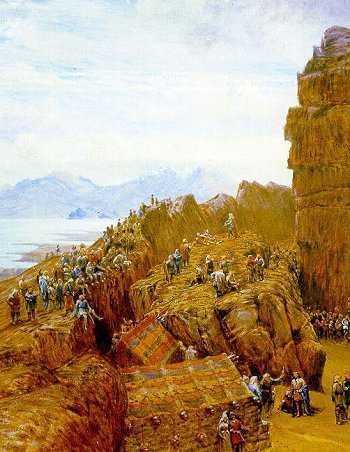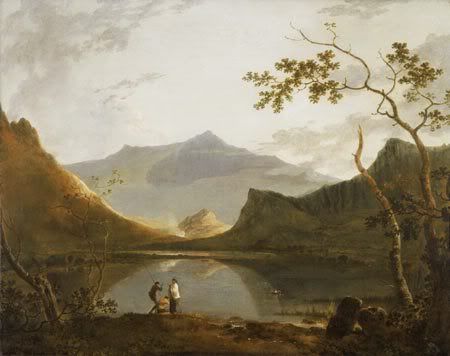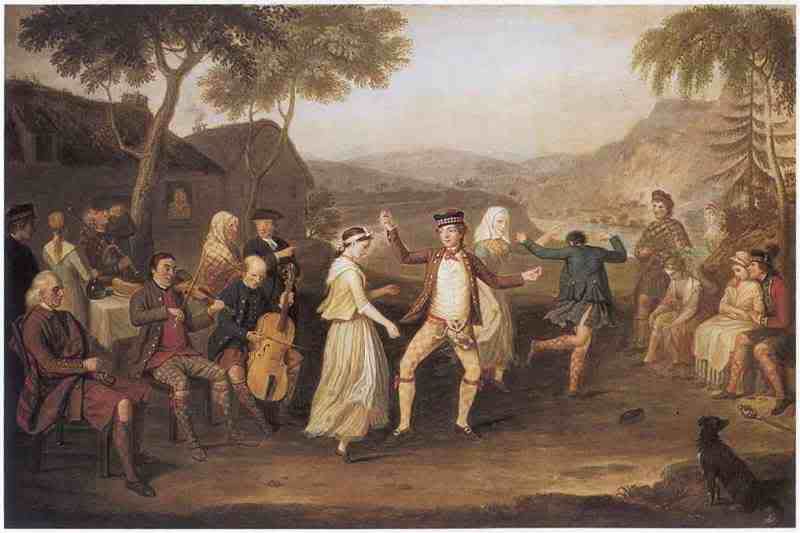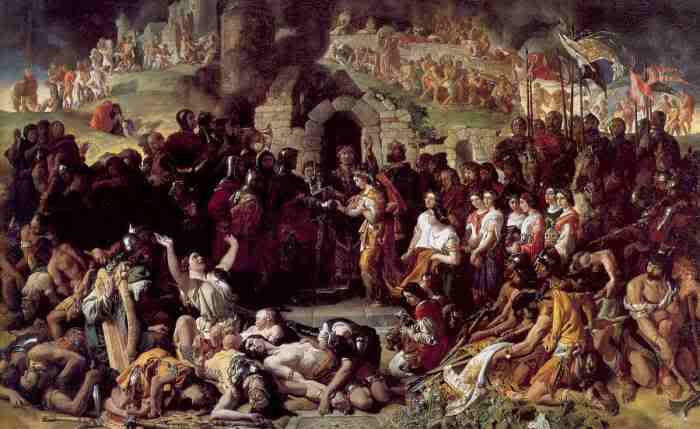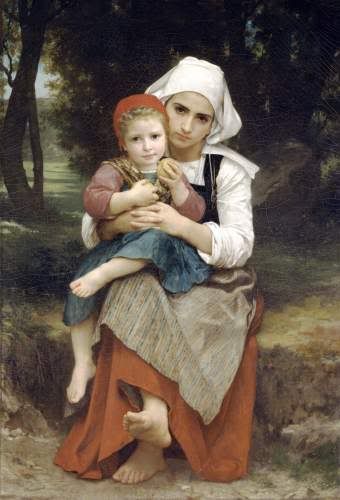O Lord, Our God, Arise
The Kings of England, 1419-1819
O Lord, our God, arise,
Scatter his enemies,
And make them fall.
Confound their politics,
Frustrate their knavish tricks,
On Thee our hopes we fix.
God save the King!
--"God Save the King," 1745
The Kings of England, 1419-1819
O Lord, our God, arise,
Scatter his enemies,
And make them fall.
Confound their politics,
Frustrate their knavish tricks,
On Thee our hopes we fix.
God save the King!
--"God Save the King," 1745
THE KINGS OF ENGLAND
THE HOUSE OF WESSEX (Cerdicingas)
Alfred I the Great......................................871-899
Edward I the Elder......................................899-924
Aelfweard...............................................Jul-Aug 924
Aethelstan..............................................924-939
Edmund I the Deed-doer..................................939-946
Eadred..................................................946-955
Edwy the Fair...........................................955-959
Edgar I the Peaceful....................................959-975
Edward II the Martyr....................................975-978
Aethelred II Ill-council................................978-1016
Edmund II Ironside......................................Apr-Nov 1016
THE HOUSE OF DENMARK (Cnutlingas)
Canute I the Great......................................1016-1035
Harold I Harefoot.......................................1035-1040
Canute II the Hardy (Hardicanute).......................1040-1042
THE HOUSE OF WESSEX
Edward III the Confessor................................1042-1066
[Harold Godwinson.......................................Jan-Oct 1066]
Edgar II the Noble......................................1066-1091
THE HOUSE OF ESSEX (Siwardingas)
Osric I the Saint.......................................1091-1128
Aethelwulf II...........................................1128-1143
Eanbert I...............................................1143-1158
Sigehelm the Infamous...................................1158-1174
Osric II Over-the-sea...................................1174-1193
Sigeric Scot-Hammer.....................................1193-1197
Eanbert II..............................................1197-1216
Oswine the Abolisher....................................1216-1225
Eadbert.................................................1225-1233
Harold II...............................................1233-1234
Osric III the Last......................................1234-1266
THE HOUSE OF CORNOUAILLE
Eldric the Conqueror....................................1266-1287
Henry I the Brave.......................................1287-1299
Renaud the Ill-Starred..................................1299-1309
Amaury the Quiet........................................1309-1321
John I..................................................1321-1354
William I the Lionhearted...............................1354-1371
de Cornouaille-Wales
Alfred II the Young.....................................1371-1378
David the Wrathful......................................1378-1418
Malcolm.................................................1418-1422
John II the Mad.........................................1422-1461 d. 1471
de Cornouaille-Cornwall
Edward IV...............................................1461-1470 d. 1483
de Cornouaille-Wales
John II the Mad (rest.).................................1470-1471
de Cornouaille-Cornwall
Edward IV (rest.).......................................1471-1483
Edward V................................................Apr-Jun 1483 d. ?
George Crookback........................................1483-1484
THE HOUSE OF STAFFORD
Henry II................................................1484-1503
Edward VI...............................................1503-1521
Henry III Defender of the Faith.........................1521-1553
Mary I the Bloody.......................................1553-1558
Elisabeth I the Virgin..................................1558-1603
THE EMPERORS OF GREAT BRITAIN
THE HOUSE OF BORCALAN
James...................................................1603-1625
Charles I...............................................1625-1642
COMMONWEALTH
Parliamentary rule......................................1642-1653
Protectorate (Oliver Cromwell)..........................1653-1657
THE HOUSE OF CROMWELL
Oliver I................................................1657-1658
Richard I...............................................1658-1659 d. 1712
Henry IV................................................1659-1674
Henry V the Colonel.....................................1674-1711
Thomas..................................................1711-1746
Oliver II...............................................1746-1777
Elisabeth II............................................1777-
FIRST MINISTERS OF GREAT BRITAIN
Robert Harley, Earl of Oxford...........................1711-1713
Robert Walpole..........................................1721-1739
William Pulteney, Earl of Bath..........................1739-1747
John Carteret, Earl Granville...........................1747-1755
William Cavendish, Duke of Devonshire...................1755-1756
William Pitt, Earl of Chatham...........................1756-1762
John Stuart, Earl of Bute...............................1762-1767
William Pitt, Earl of Chatham (rest.)...................1767-1778
Thomas Townshend, Viscount Sydney.......................1778-1786
William Pitt the Younger................................1786-1788
Charles James Fox.......................................1788-1794
William Pitt the Younger (rest.)........................1794-1797
Charles James Fox (rest.)...............................1797-1806
William, Lord Grenville.................................1806-1810
Spencer Perceval........................................1810-1812
Robert Jenkinson, Earl of Liverpool.....................1812-1818
Sir Francis Burdett.....................................1818-
any similarity between that list and the style used at the Regnal Chronologies [Note: Updated link] is because the latter has a very, very good style of displaying the information.
Also I can't really do anything about the random spaces.
This AAR is a continuation of my CK AAR on England. The gameplay portion proper should begin sometime in the first or second full week of June; between now and then I will put in a few essays on the very different England we will be working with (including some things not entirely mentioned in the original CK AAR). You should be able to read this AAR without reading the older one, but please don't, it's a fun read (in my very non-humble opinion
TABLE OF CONTENTS
The History of England to 1419, part 1
The History of England to 1419, part 2
The History of England to 1419, part 3
Government in England, 1419
The Royal Family and Ethnic Groups
Europe in 1419
King Malcolm
--Sources of English #1: Shakespeare, King Malcolm, Speech before Agincourt
King John II, part 1 (End of the Hundred Years' War)
King John II, part 2 (Politics and the Holy Roman Empire)
--How to make a battle map (several posts)
King John II, part 3 (Beginning of the Wars of the Roses
--Sources of English #2: The Declaration of Arbroath
King Edward IV, part 1 (Woodville and Warwick)
--Sources of English #3: Titulus Regis
King Edward IV, part 2 (Clarence's Plotting)
--[Half-]Century Report, 1479
King Edward V and George of Clarence
--Sources of English #4: Historia Anglica
History of the Staffords to 1485
King Henry II, part 1 (Henry's Domestic Policy)
King Henry II, part 2 (The Voyages of John Cabot)
King Edward VI, part 1 (England and Europe)
King Edward VI, part 2 (Ethelred Harcourt and America
--The Northern Renaissance
--[Half-]Century Report: 1523
King Henry III, part 1 (Thomas More and Cardinal Wolsey)
--Sources of English #5: Book of Common Prayer
King Henry III, part 2 (Reformation and Marriage)
King Henry III, part 3 (The First Native War)
King Henry III, part 4 (The Politics of Conversion)
--International Talk Like a Pirate Day special: Battle of the Isla de Margarita
Queen Mary I
Queen Elisabeth I, part 1 (Dutch Independence)
--[Half-]Century Report, 1569
--The Protestant Reformation
Queen Elisabeth I, part 2 (Walsingham's policy and Drake's voyages)
Queen Elisabeth I, part 3 (The War of the Spanish Armada)
--Sources of English, #6: The Tilbury Speech
Queen Elisabeth I, part 4 (Catholics at Home and Abroad)
--The Borcalan Dynasty to 1603
Emperor James I, part 1 (Gunpowder, Poison and Plot)
--Sources of English, #7: The Emperor James Bible
Emperor James I, part 2 (Smith's March and Baffin in the Orient)
--[Half-]Century Report, 1620
--Christmas special (2007): Sources of English, #8: Four Christmas Carols
Emperor Charles I, part 1 (Murder and Oppresssion)
Emperor Charles I, part 2 (Defeat from the Jaws of Victory)
--Puritanism
The Long Parliament, part 1 (Oliver Cromwell's Rising Star)
The Long Parliament, part 2 (The Protectorate)
--Sources of English, #9: Leviathan
Emperor Oliver I and Richard I
Emperor Henry IV, part 1 (Ordeal of Fire)
Emperor Henry IV, part 2 (War over the Sea)
--[Half-]Century Report, 1669
Emperor Henry V, part 1 (Bothersome Allies and Invented Enemies)
Emperor Henry V, part 2 (Marlborough in Italy and Colonial Expansion)
Emperor Henry V, part 3 (The War of the Spanish Succession)
Emperor Henry V, part 4 (The New Duchy and Thomas' Protectorate)
Emperor Thomas, part 1 (The Reform Act and Walpole's Response)
Emperor Thomas, part 2 ("Brown Bess" and Religious Revival)
--[Half-]Century Report, 1721
Emperor Thomas, part 3 (The War of Jenkins' Ear)
--British Music of the Renaissance and Baroque Eras
--The "Forty-Five" (the Battle of Swarkestone Bridge)
--Sources of English, #10: "Alfred" and "Judas Maccabaeus"
Emperor Oliver II, part 1 (Bedford against Pitt)
--250th anniversary of the Battle of the Plains of Abraham special: The French and Indian War
--The American colonies in 1765
Emperor Oliver II, part 2 (The Treaty of Lisbon and the American Revolution)
--Sources of English, #11: The American Declaration of Independence
Emperor Oliver II, part 3 (Cook's Voyage to the Pacific)
Empress Elisabeth II, part 1 (The beginning of the Age of Revolution)
Empress Elisabeth II, part 2 (Pitt the Younger's reaction)
Empress Elisabeth II, part 3 (Revolution, Social and Industrial)
--Sources of English, #12: Wilberforce's speech in favour of abolition
Empress Elisabeth II, part 4 (The War of the Second Coalition)
Empress Elisabeth II, part 5 (The Congress of Vienna and Further Imperialism)
Empress Elisabeth II, part 6 (Political Violence and Reform)
--[Half-]Century Report, 1820
Appendix A (Bibliography)
Appendix B (Miscellaneous maps)
--Christmas special (2009): Sources of English, #13: A Christmas Carol
Last edited:



